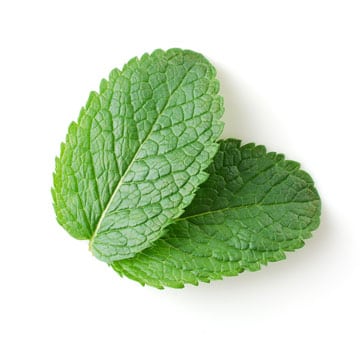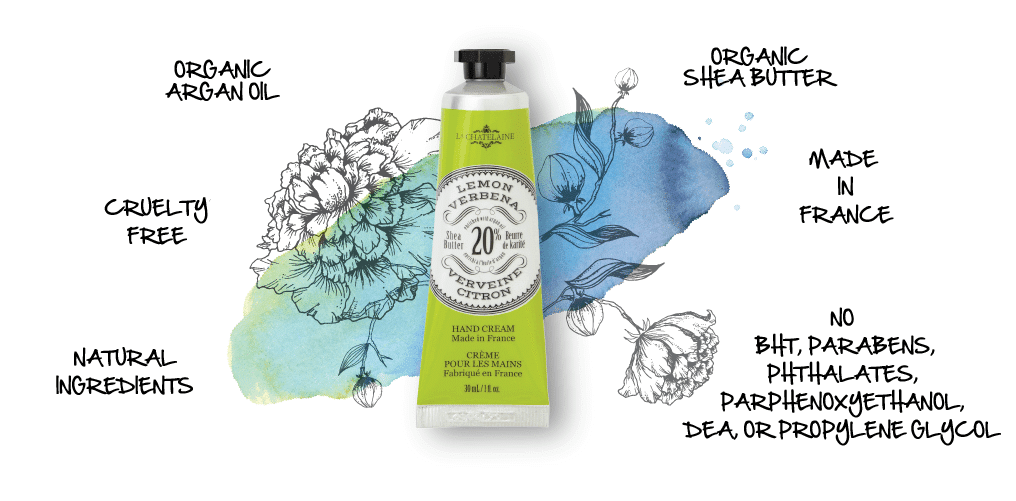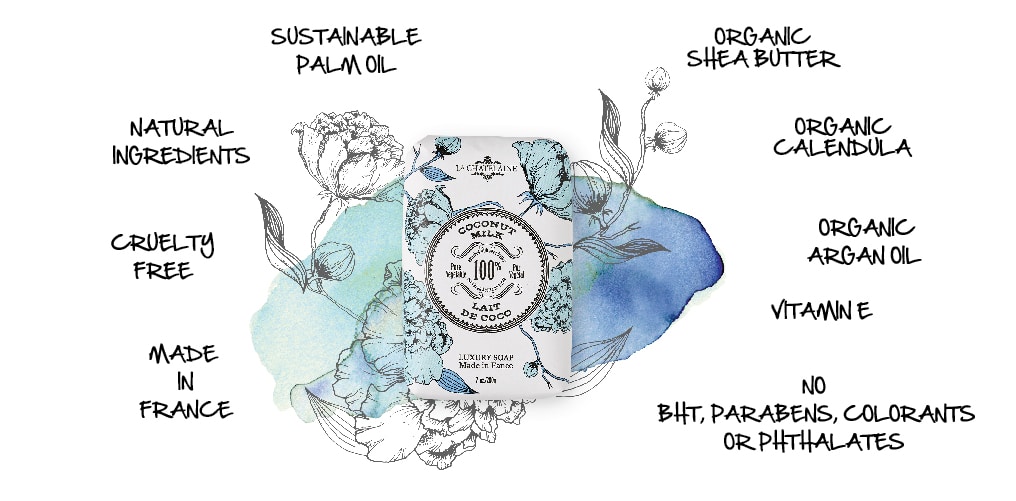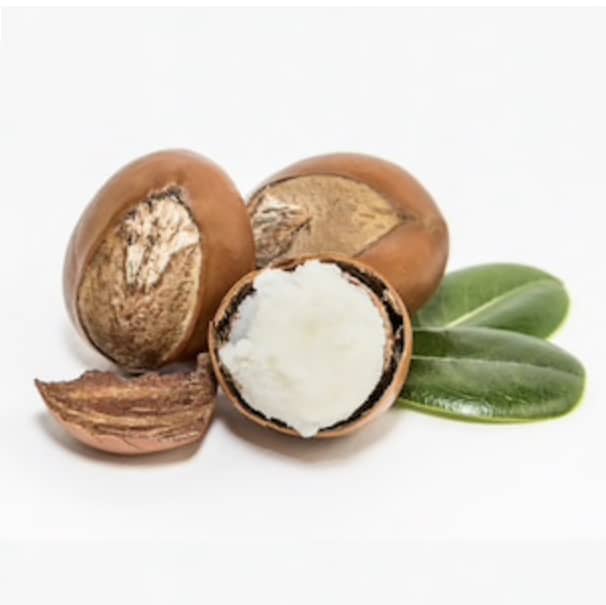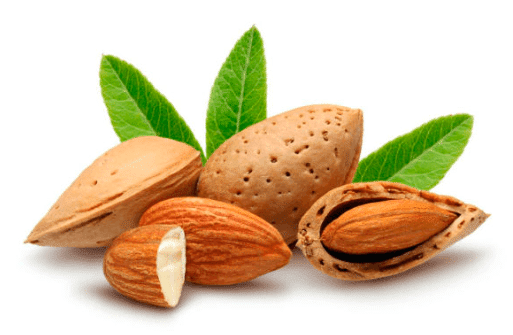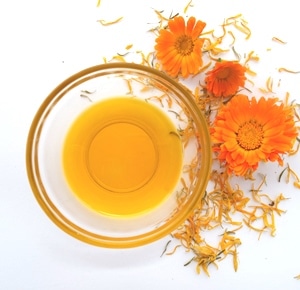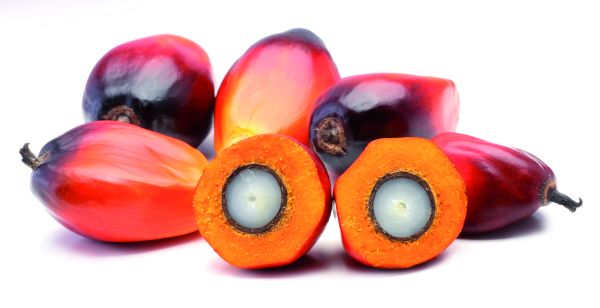Using time-honored craftsmanship, ethically-sourced natural and organic ingredients, and an array of evocative scents, La Chatelaine’s emollient-rich, deeply nourishing soaps and hand creams protect and celebrate our bodies and our planet.
ORGANIC SHEA BUTTER
Benefits: Shea butter can help protect the skin from dehydration, improving skin suppleness. It is a great moisture source for dry skin.
Source: It’s sourced from the natural fat obtained from the fruit of the shea (or karate) tree, which grows in the savannah of Western Africa. Shea butter, in its pure form, is often very thick, greasy and can clog pores. The ethyl esters of the shea butter is an extraction with a beautifully light, silky soft feel, designed to effortlessly absorb into the skin to leave a non-greasy finish.
Sustainability: A long-term partnership with African associations and African villages was created, in order to establish a continuous and quality-orientated supply of shea butter from local producers. This partnership is based on a FAIR TRADE agreement in order to help local African women, who work in this trade.
ORGANIC ARGAN OIL
Benefits: Argan oil is rich in oleic acid, which has emollient properties. It makes the skin soft, supple, and more radiant.
Plus, it has high levels of linoleic acid (omega-6). Linoleic acid is essential because the human body cannot synthesize it. It is known for the important role it plays in the structure of cell membranes. This oil reduces transepidermal water loss by restoring the hydrolipidic film. The skin is moisturized and appears younger.
Source: Argan oil is extracted from the kernel of the fruit of the argan tree (Argania spinosa). Nicknamed the “the tree of life,” this wild, thorny tree grows exclusively in Southwestern Morocco. It can grow as high as eight to ten meters and can live up to two hundred years.
Sustainability: In order to be an active participant in sustainable development in Morocco, A charitable organization called Marocavie has been set up to support projects that aim to protect the Argan forest and improve the socio-economic development of the rural populations. Marocavie has financed, among other projects, the equipment of wells, school infrastructures, medical campaigns and the reforestation of the Argan forest.
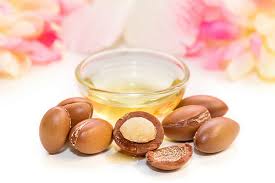
ORGANIC SWEET ALMOND OIL
Benefits: Sweet almond oil is full of vitamin E, vitamin A, monosaturated fatty acids, protein, potassium, and zinc. Vitamin E is an extremely powerful antioxidant. Oxidative stress is a major cause of the deterioration of your skin’s collagen layer. Since collagen keeps your skin looking supple and wrinkle-free, you want to stave off oxidative stress with antioxidants.
Sweet almond oil keeps your skin cells healthy, protects your skin from UV radiation damage, and helps your skin look smooth, soft, and free of fine lines. The fatty acids help your skin retain moisture and can heal chapped and irritated skin.
Because it’s packed with these vitamins and nutrients, sweet almond oil is a natural skincare superpower. The benefits of sweet almond oil can be appreciated by those with oily, dry, and sensitive skin.
ORGANIC CALENDULA OIL
Benefits: Calendula is rich in antioxidants like carotenoids, vitamin A pre-cursors, that help to swipe away free radicals which can cause premature aging. It’s also very rich in tocopherols, or vitamin E, another antioxidant with amazing skin softening abilities. In addition, some preliminary studies who’s the linolenic acid in calendula oil may also help reduce photo aging from the sun.
Calendula is also an all-natural skin brightener effective at reducing the appearance of scars. Studies reveal that the extract of this herb blossom can stimulate the production of collagen which is important in proper skin regeneration so for those with dull skin who want to regain their youthful, glowing skin, calendula-infused toners and moisturizers can surely do the trick.
RSPO SUSTAINABLE PALM OIL
Benefits: Palm oil contains the hard to find toctrienols, which are members of the vitamin E family. The common form of vitamin E, tocopherol, has long been used to treat many skin ailments and is found in many anti-aging products. Vitamin E is a strong antioxidant that helps the skin to fight free radicals that damage the skin and cause fine lines and wrinkles.
Sustainability Issues: In some regions, oil palm cultivation has caused – and continues to cause – deforestation. This means that land, which was once predominantly covered by primary forest (forest that has never been touched by man) or which housed protected species and biodiversity, was cleared in order to be converted into palm oil plantations
Likewise, some palm oil plantations were developed without consulting local communities over the use of their land. Some have even been responsible for forcibly displacing people from their land. Violations of workers’ rights to fair payment and safe working conditions and other malpractices have also occurred.
RSPO Sustainable Palm Oil: Despite widely-reported malpractices in the industry, a growing number of players in the palm oil industry have committed to adopting more sustainable practices. The result of this gradual transition is an increasing amount of palm oil in our products that has been produced and sourced in a sustainable manner.
In 2008, the RSPO developed a set of environmental and social criteria which companies must comply with in order to produce Certified Sustainable Palm Oil (CSPO). When they are properly applied, these criteria can help to minimize negative impacts.
One of the most important RSPO criteria states no primary forests or areas which contain significant concentrations of biodiversity (e.g. endangered species) or fragile ecosystems, or areas which are fundamental to meeting basic or traditional cultural needs of local communities (high conservation value areas), can be cleared.
Other RSPO principles stipulate a significantly reduced use of pesticides and fires; fair treatment of workers according to local and international labour rights standards, and the need to inform and consult with local communities before the development of new plantations on their land.
WHY NO PARABENS, PHTHALATES, BHT, PHENOXYETHANOL, DEA, AND PROPYLENE GLYCOL?
Some critics suspect that chemicals such as phthalates and parabens can interfere with the body’s hormones, most notably reproductive hormones such as estrogen and testosterone. The possible health risks could include chronic diseases, cancers and a host of developmental disorders and fertility problems.
BHT is a known human immune system and skin toxicant. Animal studies revealed skin irritation, brain and nervous system effects and endocrine disruption at low doses. Other lab animal testing revealed positive mutations and reproductive effects at high doses.
The major concern with DEA/TEA is they combine with nitrites in beauty products to form carcinogenic compounds.
Propylene Glycol is one of the most common moisture carrying ingredient other than water used in cosmetics because it moisturizes better than glycerin. It’s classified as a skin irritant and associated with causing dermatitis and hives. Extensive animal studies have shown reproductive effects at moderate doses and endocrine disruption at high doses, with mutation results on mammalian cells.
More research needs to be conducted about the long-term effects of using beauty products containing phenoxyethanol. In the meantime, due to the European Commission and the FDA’s concerns about oral exposure to phenoxyethanol, it is reasonable for you to be skeptical about its safety.
